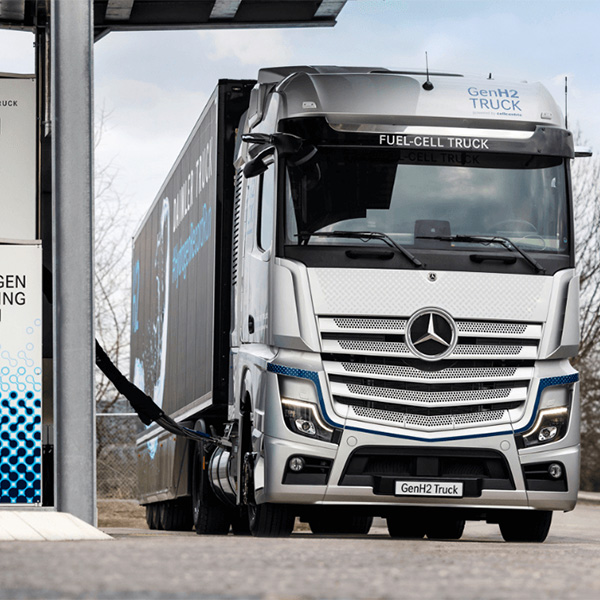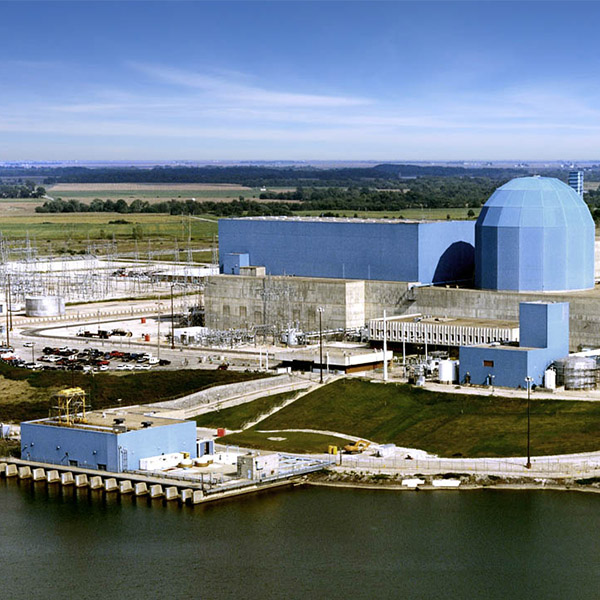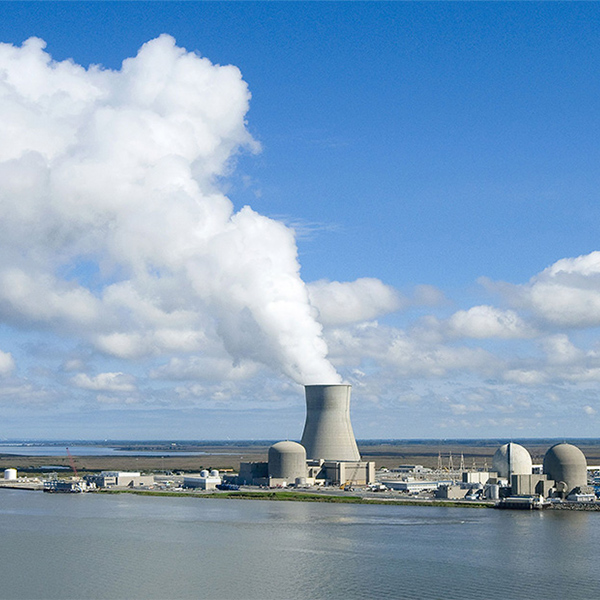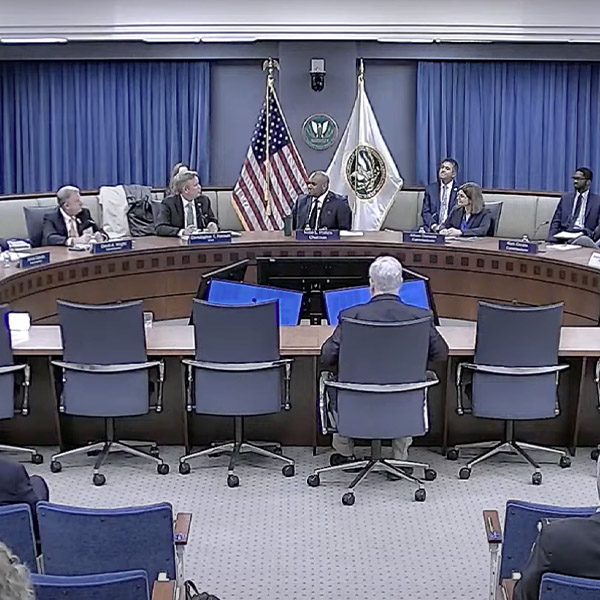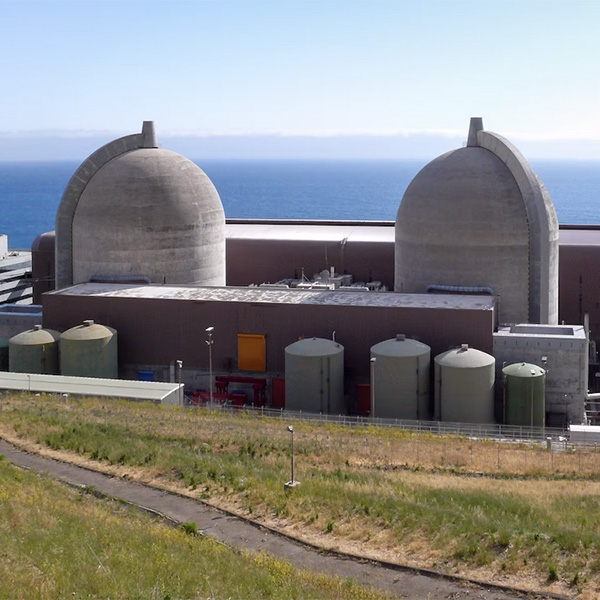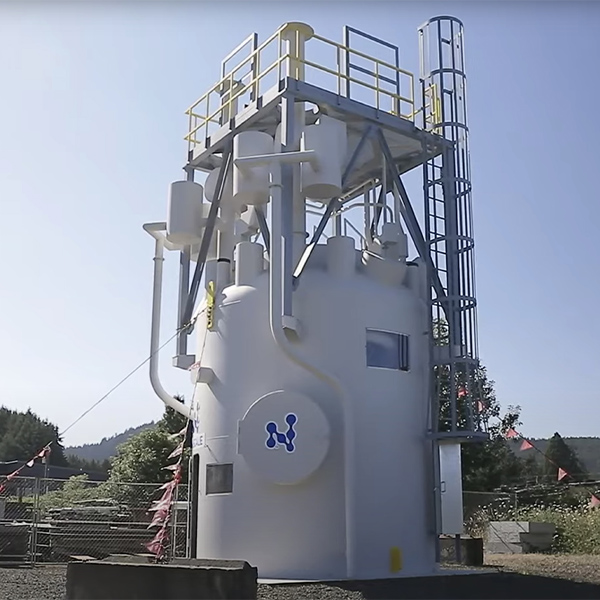Nuclear
Pennsylvania Gov. Josh Shapiro announced a new state energy plan he says will ramp up renewable production and save ratepayers $252 million while generating $5.1 billion in clean energy investments.
The DOE's funding announcement is part of the administration’s effort on clean hydrogen, seen as an emerging technology that offers the U.S. an opportunity to lead the global market.
Utility executives told state regulators that natural gas and nuclear power will be part of the electric mix for decades as the industry decarbonizes.
Constellation reported strong 2023 earnings and projected strong growth in large part due to its nuclear fleet.
New Jersey shut down its third offering of nuclear subsidies after the operators of the state’s three nuclear plants opted to not apply for state subsidies as they seek federal support.
FERC and the Nuclear Regulatory Commission convened a joint meeting to looking into issues of common interest, including the rollout of advanced reactors and grid reliability.
The 2,200-MW PG&E plant will be the first recipient of federal funds being made available to shore up operations at U.S. nuclear plants that face imminent closure.
DOE's commitment of $500 million in IRA dollars may not be enough. Building private sector confidence in the emerging HALEU market could require up to $2.9 billion more in additional federal funding.
NuScale Power is changing its focus from research and development to commercialization, with a resulting 28% reduction in its full-time workforce.
Hydrogen producers seeking tax credits will need to use new clean energy time-matched to demand, the Biden administration proposed.
Want more? Advanced Search

